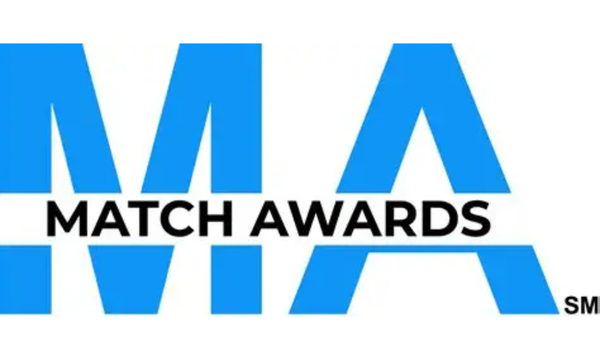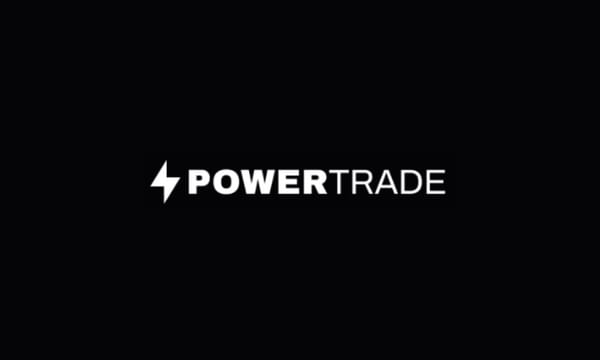Exploring the new era of the internet: understanding Web 3.0

TL;DR: Web 3.0 is the next generation of the internet, characterized by decentralization, interoperability, data ownership, semantic understanding, and the use of artificial intelligence and machine learning.
Web 3.0's transformative potential is vast, with implications for various industries and aspects of daily life. In this section, we will delve deeper into the role of Web 3.0 in promoting privacy, fostering innovation, and supporting the growth of the gig economy.
Enhancing Privacy and Data Ownership
Web 3.0's focus on decentralization and data ownership is set to transform how we interact with online platforms. In the current Web 2.0 landscape, users often have little control over their data, leading to concerns about privacy and data misuse. Web 3.0 technologies, like self-sovereign identity (SSI) and zero-knowledge proofs, can help mitigate these concerns by allowing users to authenticate themselves without revealing personal information. Learn more about how zero-knowledge proofs can help DAOs here.
Fostering Innovation and Collaboration
Web 3.0's interoperability will enable collaboration on a whole new level. By allowing different systems and platforms to communicate seamlessly, Web 3.0 will facilitate the creation of innovative, cross-platform solutions. Decentralized autonomous organizations (DAOs) are a prime example of this, as they allow members to collaborate on decision-making and resource allocation using blockchain technology. Discover more about the various DAO tools available here.
Supporting the Gig Economy
As the gig economy continues to grow, Web 3.0 will play a vital role in empowering freelance workers and enabling new business models. For example, decentralized finance (DeFi) platforms can offer financial services to freelancers without the need for traditional banks. Additionally, DAOs can provide a decentralized governance structure for gig workers to organize and collaborate on projects. Learn about investment DAOs and their role in the gig economy here.
Real-World Use Cases of Web 3.0
To further illustrate the impact of Web 3.0, let's explore some additional real-world use cases:
- Decentralized finance (DeFi): Web 3.0 enables the creation of decentralized financial services, such as lending, borrowing, and trading, without relying on traditional financial institutions. DeFi platforms leverage blockchain technology, smart contracts, and decentralized applications to provide these services.
- Digital identity management: Web 3.0's focus on data ownership and privacy will enable the development of digital identity solutions that give users full control over their personal information. This will allow users to share only the data they choose with specific parties.
- Decentralized social media: Web 3.0 can pave the way for decentralized social media platforms that prioritize user data ownership and privacy. Such platforms could offer a more democratic and transparent alternative to traditional, centralized social media networks.
- Supply chain management: Web 3.0 technologies, like blockchain, can enhance supply chain management by improving transparency, reducing fraud, and facilitating real-time tracking of goods.
Staying ahead in the Web 3.0 landscape requires understanding its key features, technologies, and potential applications. As we continue to explore the various aspects of Web 3.0, it becomes increasingly apparent that this new era of the internet will bring about significant changes to how we interact, collaborate, and transact online. By staying informed about these developments and leveraging the power of Web 3.0 technologies, businesses and individuals can position themselves for success in the rapidly evolving digital world.
Check BTC Peers guide of the most promising crypto





